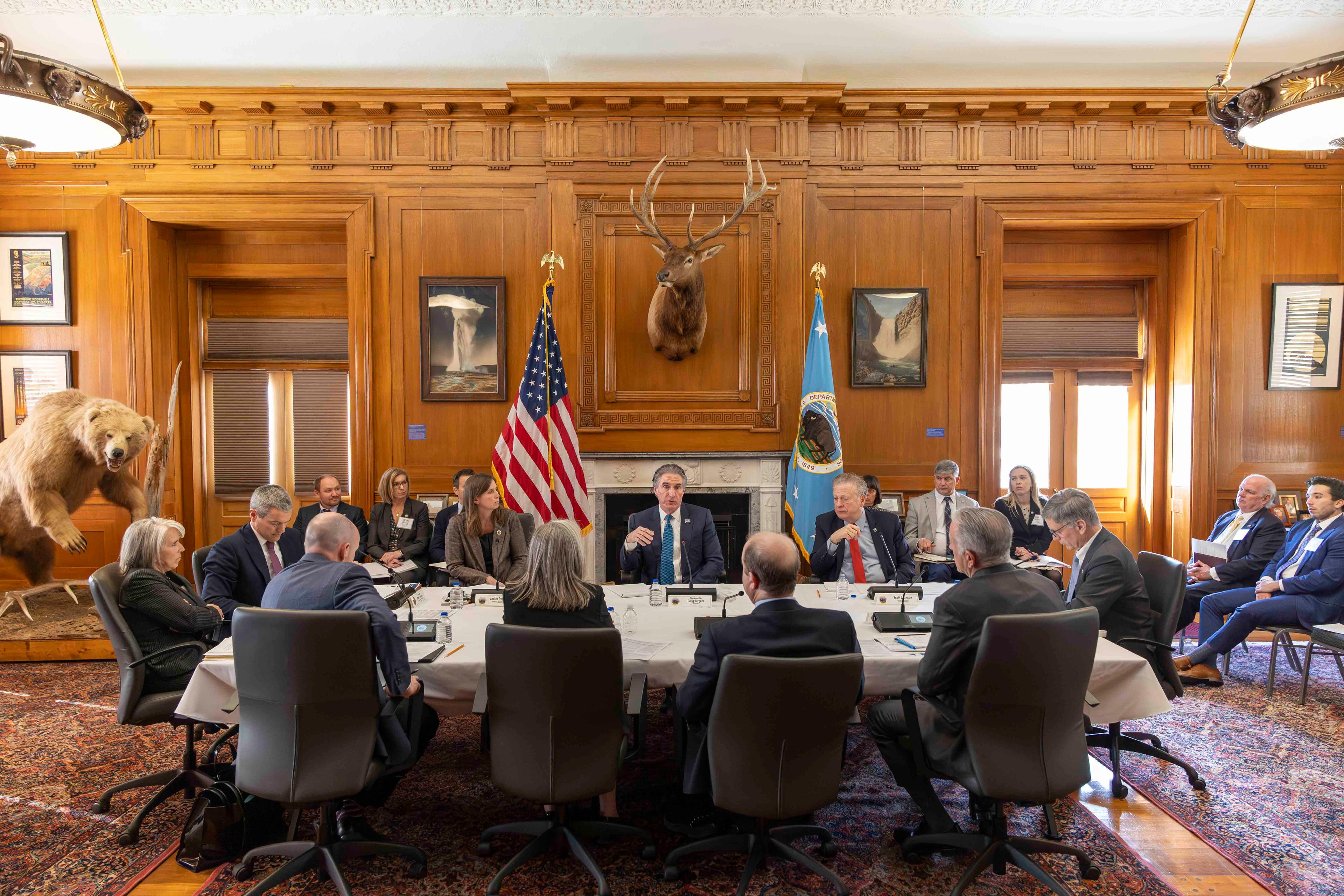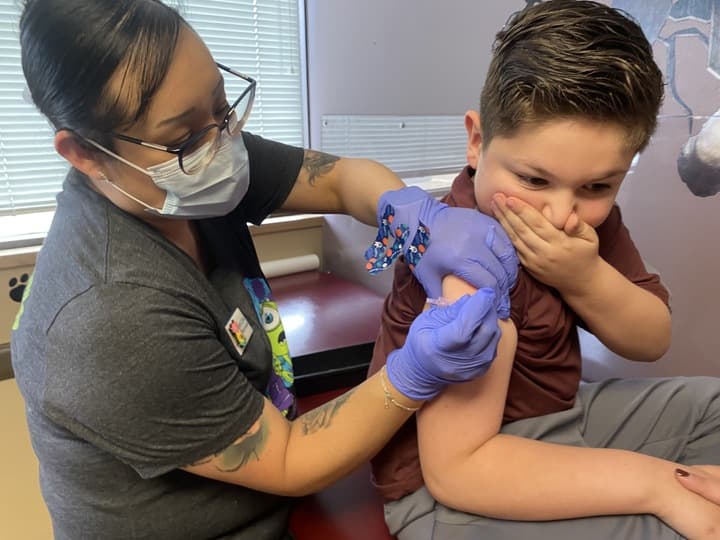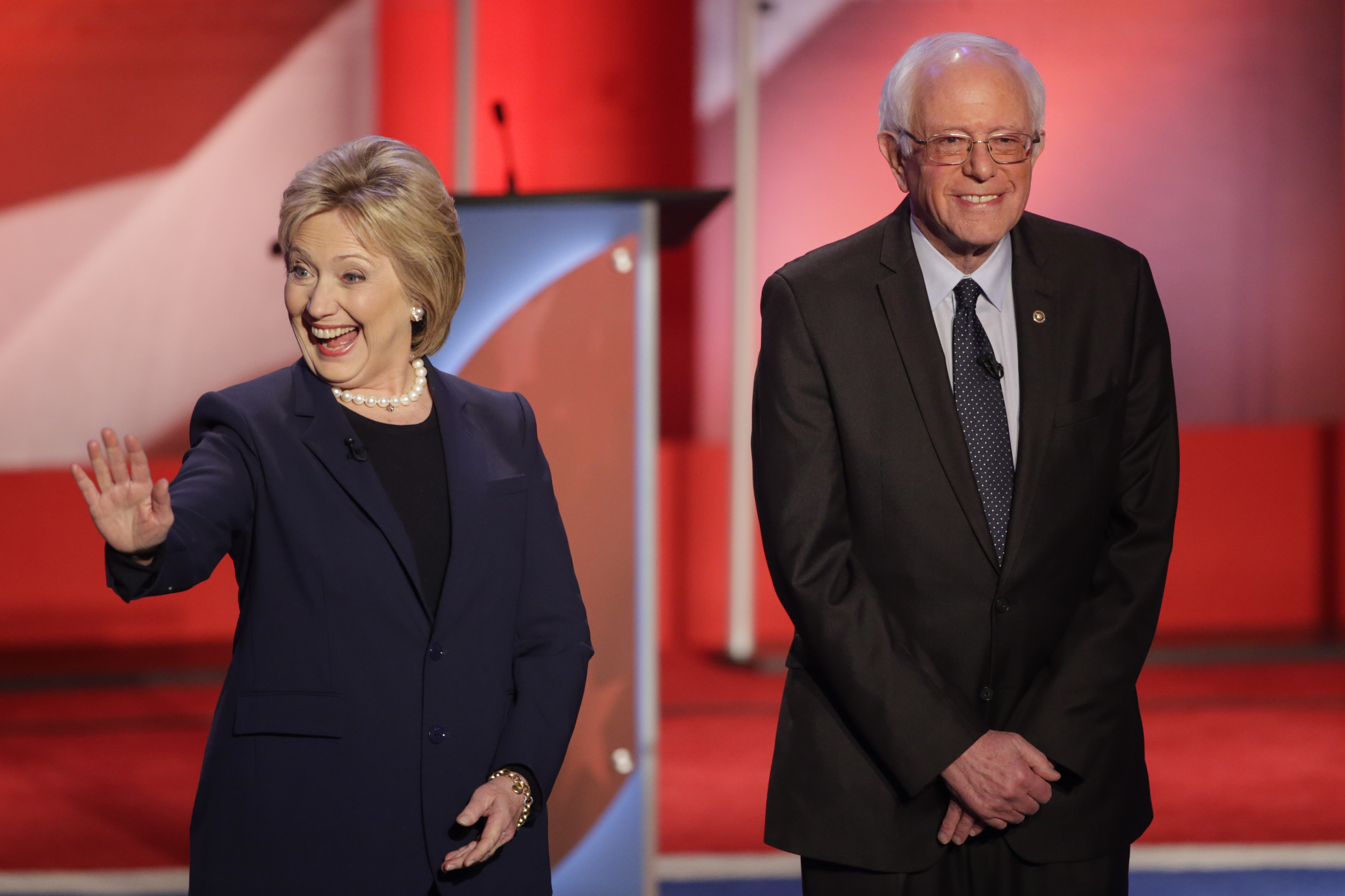
Published Feb. 26 | Updated March 21
Health care once united Democrats. Now it’s a divisive topic in the party’s presidential primary: Hillary Clinton favors building on Obamacare. Bernie Sanders wants to start from scratch with a single-payer plan.
When they caucus on March 1, Colorado voters will show which way they’re leaning on the candidates -- and by extension each candidate's positions on issues including health care. But no matter who becomes the nominee, they and all Colorado voters will also decide on an initiative this coming Election Day on whether to create the state’s own single-payer plan: ColoradoCare.
Supporters Say Single-Payer Would Fill Gaps
Dr. Irene Aguilar is a Democratic state senator and one of the people behind ColoradoCare. She says that despite improvements under Obamacare, many people still find it tough to pay their medical bills.
“What we have now are many people who are struggling just to pay for the insurance, much less to make their co-payments and deductibles and actually go in and get the healthcare that they need,” Aguilar said.
That thought was echoed recently at a Sanders campaign office in Denver where a couple dozen volunteers were making calls to remind voters of the state’s caucus March 1.
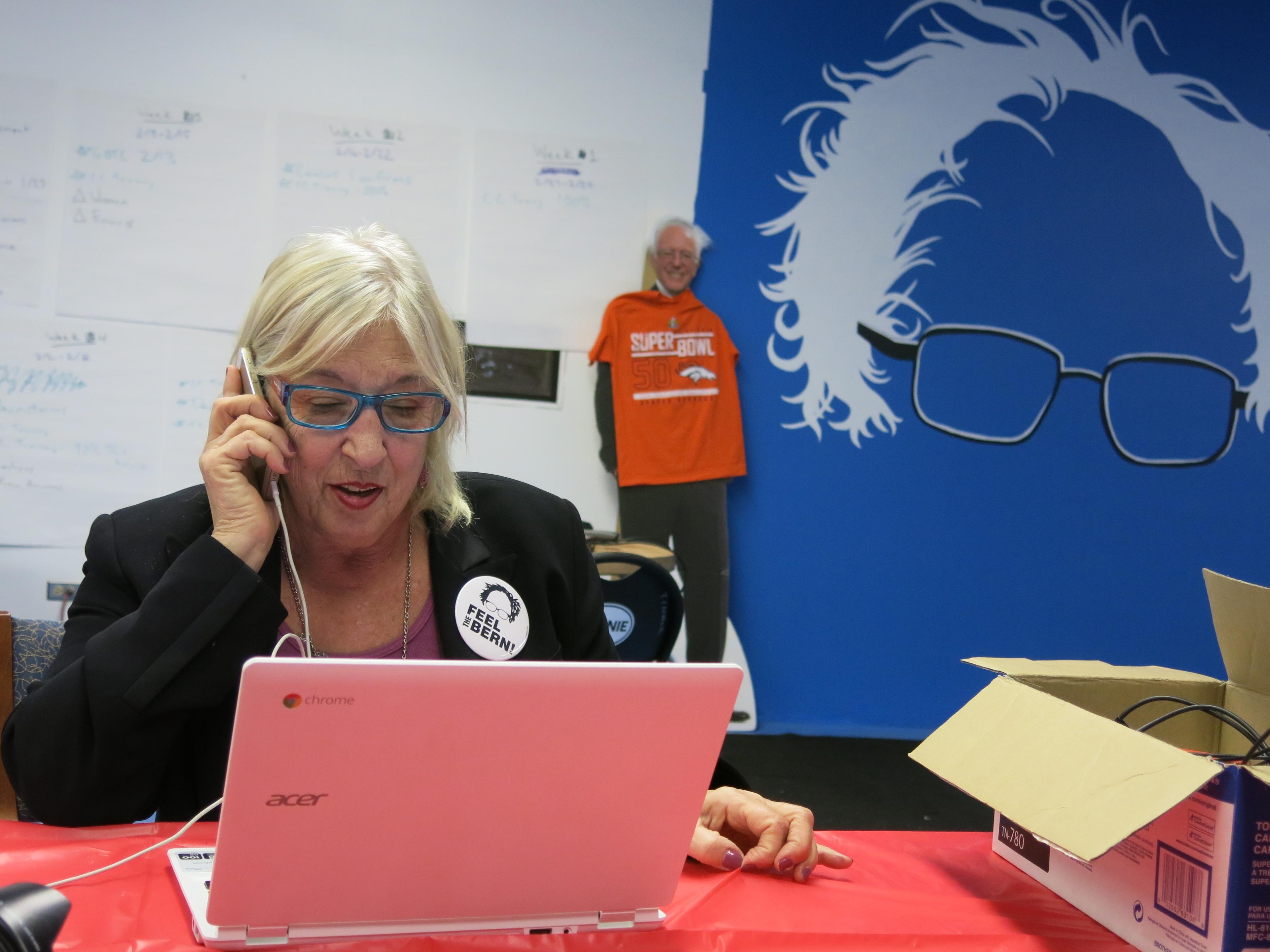
Volunteer Linda Powers is a former Democratic state senator. She applauds Obamacare, but is backing both Sanders’ universal health care approach and Colorado’s single-payer ballot proposal.
“There’s a lot of gaps still," Powers said. "There’s a lot of people who are uninsured and there’s a whole lot more people who are underinsured.”
Obamacare has cut the national uninsured rate to 9 percent, a historic feat. Here in Colorado, it’s been cut in half to below below 7 percent, the fifth biggest drop across the country. But nationally, nearly 29 million people remain uninsured. And, a report by the Colorado Health Institute found that despite Obamacare, the number of underinsured Coloradans has grown by 2.5 percent.
That's why some voters want a big change. Vinnie Cervantes, a 28-year-old Sanders volunteer, believes Clinton’s approach to health care reform is too cautious.
“What some politicians would propose as pragmatism a lot of people including myself recognize as stalling for incremental change,” he said.
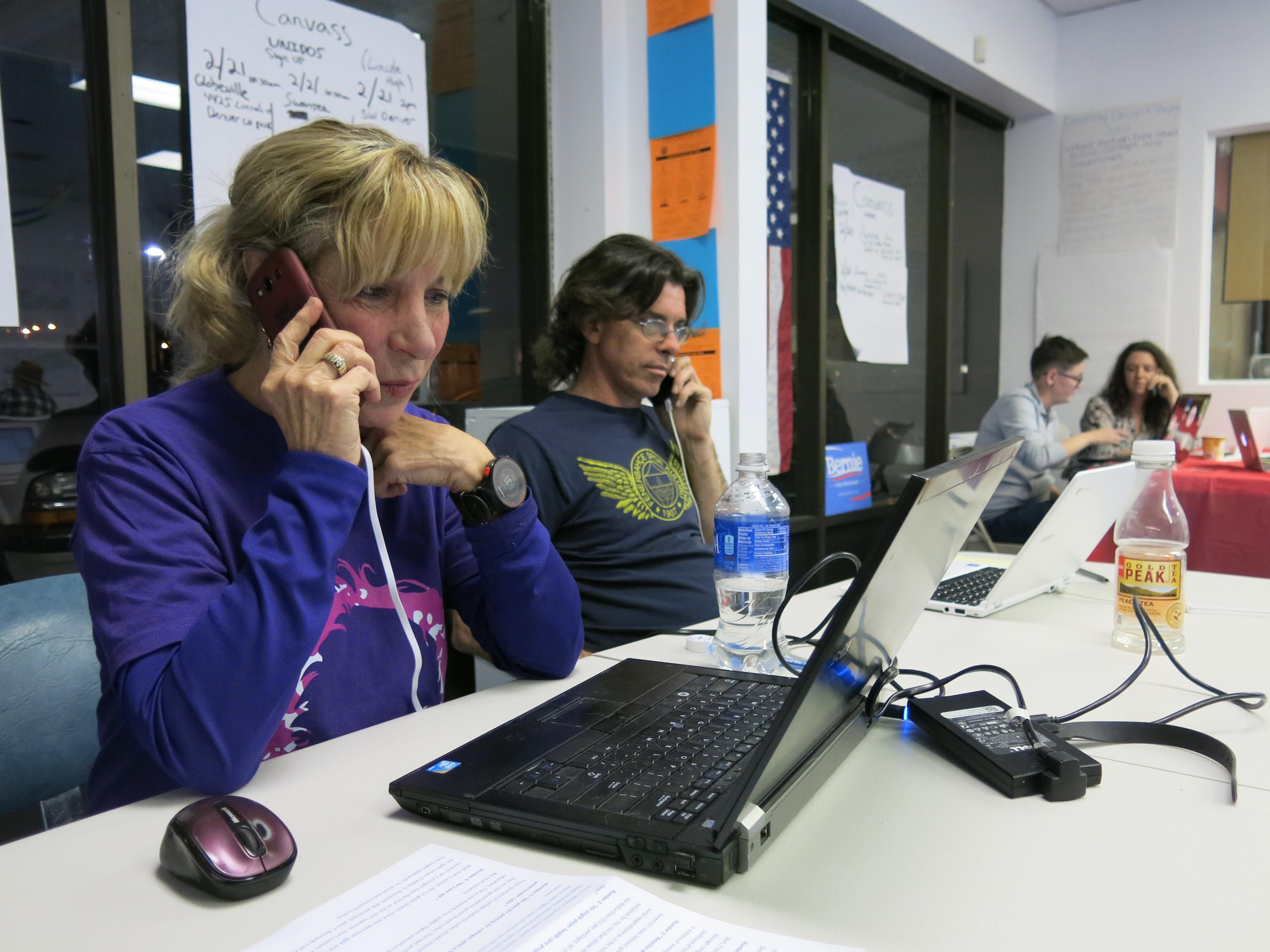
“It’s single-payer. It is seamless. It is wonderful,” she said.
She thinks there’s a synergy between Colorado’s ballot proposal and the Sanders healthcare plan.
“The two mesh together and I think it is giving momentum to Bernie’s campaign and vice versa,” Lynch said.
Two Sides Disagree Over Cost
But, just like on the national stage, not all Colorado Democrats are on the same page.
On the one side, there's Gov. John Hickenlooper, who is also aligned with state business groups on the issue. He says rather than try an untested state plan that would cost Colorado $25 billion a year, it’s best to build on what exists now.
“To throw [Obamacare] all out and kind of start all over again would be prohibitively expensive," he recently told Colorado Matters.
Opponents say the proposal will save residents and the state money in the long run.
Colorado employers would pay a nearly 7 percent payroll tax. Employees would pay about 3 percent of their gross pay. The self-employed would contribute 10 percent of their annual net income. All of that money would raise about $25 billion.
With those funds, the new system would pay for premiums and out-of-pocket costs typically covered by comprehensive health and dental insurance. Backers of the proposal say Coloradans would pay less for their health care, because residents would no longer pay private companies for health insurance. Under the new system, the state could negotiate better prices for care and medications, also driving costs down. The proposal's supporters say that would result in a savings of $4.5 billion a year compared to the current system.
Opponents of the proposal paint those numbers as overly rosy, and a big tax on business and individuals. They say health providers who don't want to participate, and high income earners, will leave the state. They argue that, unlike a national system like they have in Canada, Colorado's system would run into problems because the state would run a different system than the rest of the country. That, they say, would drive up costs.
The message of health reform evolution rather than revolution was a central theme at a recent Clinton campaign event in Denver, headlined by her daughter, Chelsea.
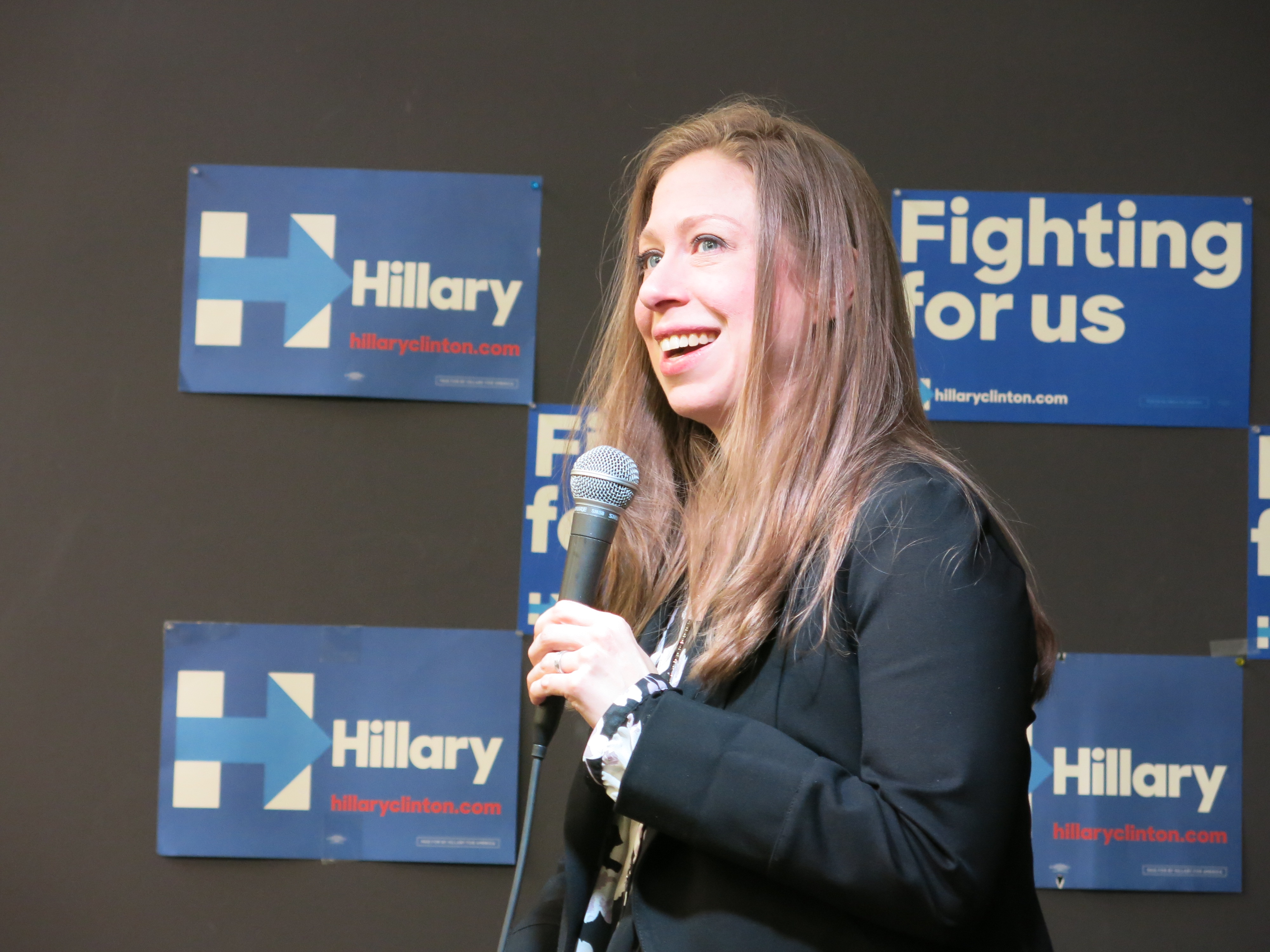
Attendee Cynthia Mares says she doesn’t know a lot about the ColoradoCare proposal, but at the national level she likes Clinton’s measured approach and believes Sanders hasn’t delivered enough specifics.
“She’s the one that seems to be able to know how we can improve upon what exists right now,” Mares said.
Heath Care Approaches Part Of A 'Family Feud'
But what exists right now was a tough sell, says Democratic political strategist Laura Chapin.
She says Democrats had a hard enough time passing Obamacare with their party in charge of Congress. With a Republican Congress, it would get even tougher.
“I think this is one of those conversations where idealism meets reality. Which I think is fundamentally the argument Hillary is making.”
Longtime independent Colorado pollster Floyd Ciruli calls it a “family feud.” He says the establishment in both parties is being challenged by outsiders with energized followers who are frustrated with the status quo.
“Between the Clinton and establishment wing of the party versus the Sanders, liberal, youth wing of the party, there are some real tensions and difference and it plays out in single-payer,” he said.
He says the question is how deep and lasting the rift could be. Especially since in the general election, Colorado is a key swing state.
Editor's note: This story has been updated with how both sides of the single payer debate see the costs and benefits of having such a system in place, or not.

